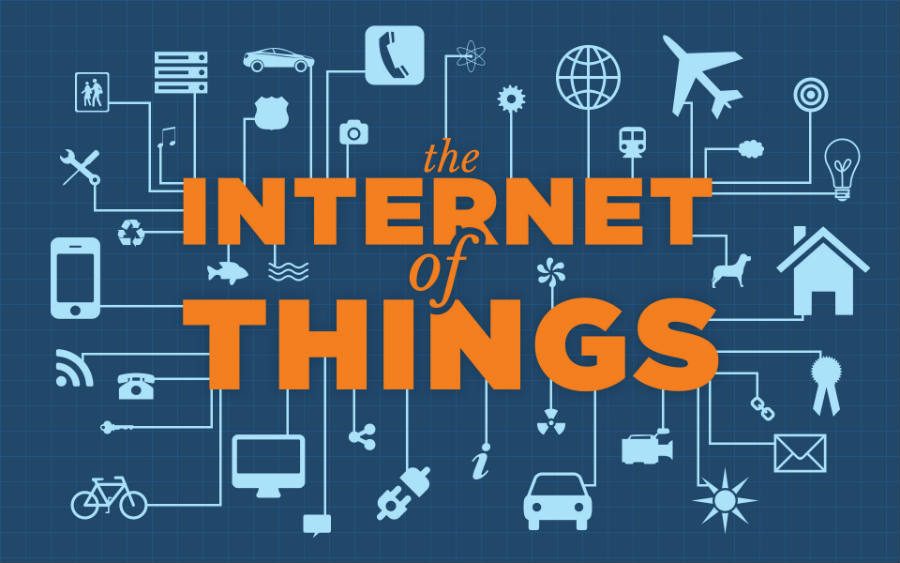The advent of the Internet of Things, meaning the growing interconnection of things like home devices (thermostats, washing machines, television), wearables, and other daily-life objects could represent a significant increase in hacking attacks, security experts warn.
Simon Montford, the founder of famous IoT startup WEB3//IOT recently expressed his concerns about the growing threats that could become imminent very soon if steps are not taken to protect interconnected devices properly.
A recent debate on this topic sparked last month when the MITRE Corporation, based in Massachusetts, launched a contest asking technology experts and enthusiasts to find new solutions to privacy and security risks relating to IoT.
An IoT-related malware unveiling first reported by Brian Krebs on his blog about a month ago also refers to growing concerns for this field of technology.
Simon Montford calls for increased security in IoT networks
At Techaus, a tech-related festival that took place this month in Glasgow, Scotland, Montford remarked the importance of IoT devices.
He reiterated the booming amounts of data IoT networks were going to create in the future will require strong protection systems, much more efficient than the ones already in place.
He praised the General Data Protection Regulations, recently approved by the European Parliament, but mentioned that people should do more to take back control of their data.
He addressed the massive DDoS attack that shut down many sites in the United States. He added negligent security measures made millions of IoT devices vulnerable, and that a group of hackers created an army of bots that took down Dyn’s infrastructure.
Top five IoT devices vulnerable to hack attacks
- The fridge: Many newer models now have app integration to perform various functions, but they are one of the less protected smart devices in a household. Hackers can easily use a refrigerator as a potential gateway to infect other connected devices (including smartphones) with malware.
- Home camera feeds: Many families implement CCTV cameras to improve security, which works great in theory to fend off real-world criminals but could potentially pose a privacy risk, as hackers can easily gain access to these devices.
- Google Glass: The device does not have the popularity to become a possible major threat for IoT, but it does deserve mention, given that it handles very sensitive information such as PIN numbers, location, etc.
- Implanted Health Devices: Many of them connect to a user’s smartphone to provide them with stats like heart rate and blood pressure, but a hacker connected to them could cause them to stop functioning, endangering a patient’s life.
- Baby Monitors: Again, low security and high connectivity. A potential hacking of this device could give hackers insight into home routines, among other private data.
Source: BetaNews



